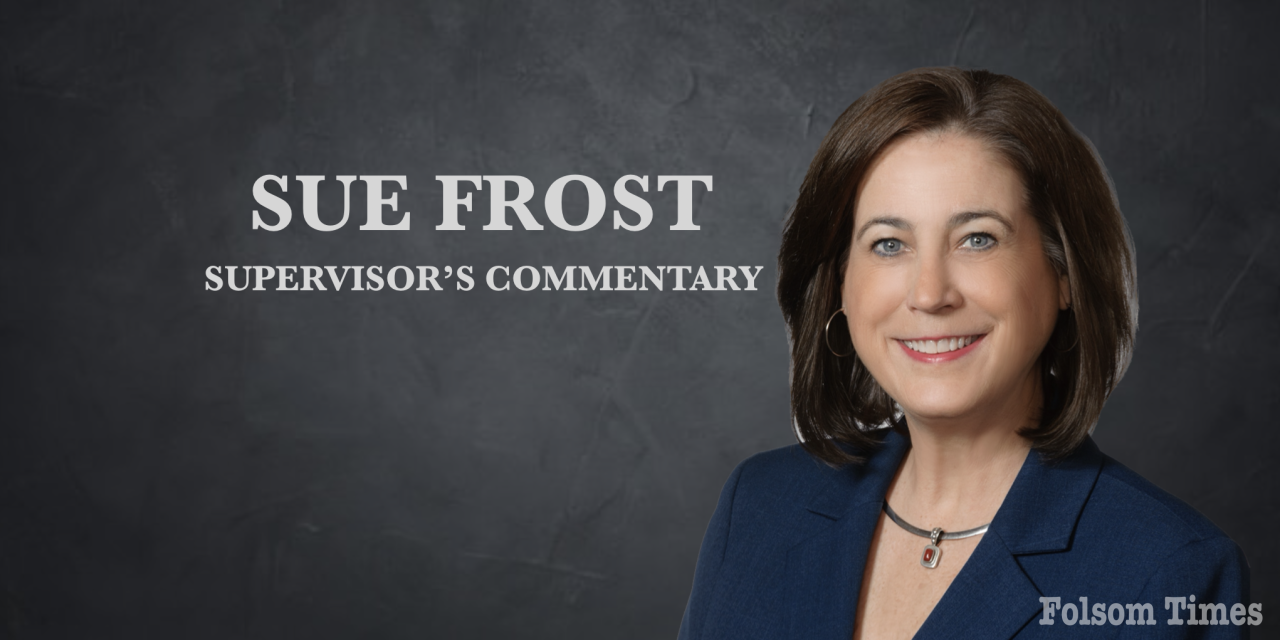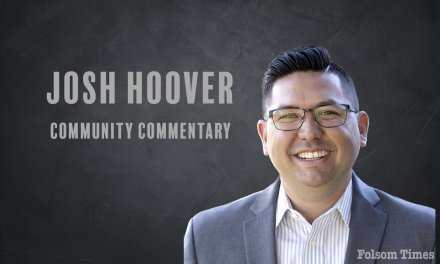I often consider the age-old concept of “the carrot and the stick,” which embodies the balance between enforcement and support—a theme that frequently comes up in discussions about how we govern and regulate the homeless community. This balance is crucial but often mishandled by government policies.
The City of Grants Pass v. Johnson case, recently argued before the U.S. Supreme Court, marks a pivotal moment in our approach to homelessness. It prompts us to reevaluate the effectiveness of past policies that have, in many ways, worsened the problem rather than solved it.
For too long, court rulings like the 2018 decision in Martin v. Boise have handcuffed local governments, preventing them from enforcing anti-camping ordinances that are essential for maintaining public order and safety. These legal constraints have allowed encampments to proliferate, contributing to crime, environmental damage, and public health crises, including the spread of diseases and increased drug overdoses right on our streets.
The oral arguments at the Supreme Court indicate a potential shift that could empower local authorities to regain control over this spiraling issue. If the Court sides with Grants Pass, it could mark an end to the era where local officials’ hands are tied by overly permissive legal interpretations. This change is crucial; it’s about restoring the rule of law in our communities while addressing the humanitarian crisis of homelessness with more than just temporary fixes.
Some politicians and their activist allies argue that enforcing anti-camping laws is inhumane for those without alternatives. Yet, this view overlooks the true cruelty of letting people live in dangerous and unhealthy conditions. It’s not merely about clearing tents from the streets; it’s about eliminating obstacles to more effective solutions, including mental health services, addiction treatment, and suitable housing for our most vulnerable residents.
The harsh reality is that the current approach has not only failed our homeless population, it has also ignored the rights and needs of the broader community. Residents and businesses bear the brunt of the consequences, from depreciating property values to safety concerns. It’s clear that a shift towards more balanced policies is overdue. We need policies that ensure compassion does not cripple our communities, but rather strengthens them.
As we await the Supreme Court’s decision, which is expected in June, it’s time for local leaders to prepare to act decisively. We should be ready to implement a dual approach that enhances enforcement to clear hazardous encampments and increases support through proven rehabilitation and mental health programs. This isn’t just about taking back control of our streets; it’s about taking responsible steps to provide real solutions that address both the symptoms and root causes of homelessness.
Thank you for Reading – and as always if you want to contact me, call me at 916-874-5491, or e-mail me at SupervisorFrost@saccounty.gov.
Sacramento County Supervisor Sue Frost represents the 4th District, which includes the communities of Citrus Heights, Folsom, Orangevale, Antelope, North Highlands, Rio Linda, Elverta, and Rancho Murieta.




